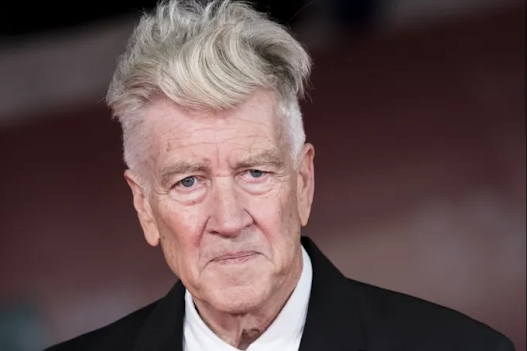Director-writer David Lynch, who radicalized American film with with a dark, surrealistic artistic vision in films like “Blue Velvet” and “Mulholland Drive” and network television with “Twin Peaks,” has died. He was 78.
Lynch revealed in 2024 that he had been diagnosed with emphysema after a lifetime of smoking, and would likely not be able to leave his house to direct any longer. His family announced his death in a Facebook post, writing, “There’s a big hole in the world now that he’s no longer with us. But, as he would say, ‘Keep your eye on the donut and not on the hole.'”
The “Twin Peaks” TV show and films such as “Blue Velvet,” “Lost Highway” and “Mulholland Drive” melded elements of horror, film noir, the whodunit and classical European surrealism. Lynch wove tales, not unlike those of his Spanish predecessor Luis Bunuel, which proceeded with their own impenetrable logic.
A four-time Oscar nominee, Lynch received an honorary Oscar for lifetime achievement in 2020.
After years spent as a painter and a maker of short animated and live action films, Lynch burst onto the scene with his 1977 feature debut “Eraserhead,” a horrific, black-humored work that became a disturbing fixture on the midnight movie circuit. His outré and uncompromising style quickly won the attention of the Hollywood and international movie-making establishment.
He was hired by Mel Brooks’ production company to write and direct “The Elephant Man,” a deeply affecting drama about a horrifically deformed sideshow freak in Victorian England who became a national celebrity. The feature captured eight Academy Award nominations, including Lynch’s first for best director.
He found less success with his 1984 adaptation of Frank Herbert’s sprawling science fiction novel “Dune.” The production, made on a budget of $40 million during an arduous three-year shoot, was a colossal box office flop.
However, Lynch rebounded from the disaster with two films that defined his mature style: “Blue Velvet” (1986), a frightening hellride through the psychosexual underbelly of a small American town, and the sexed-up, violent road movie “Wild at Heart” (1990), which was honored with the Cannes Film Festival’s Palme d’Or.
In 1990, he revolutionized American episodic TV with “Twin Peaks,” a series he created with writer Mark Frost. With action springing from the investigation of a high school girl’s mysterious murder in a Washington lumber mill town, the weekly ABC show plumbed disquieting, theretofore taboo subject matter and made the inexplicable a fixture of modern narrative television.
Lynch’s first feature after “Twin Peaks,” 1990’s “Wild at Heart,” was an oddball exodus, based on a novel by Barry Gifford, in which an Elvis-fixated ex-con (Nicolas Cage) and his hot-to-trot girlfriend (Laura Dern) are pursued by the murderous minions of the girl’s jealous mother (Dern’s own mother Diane Ladd). Domestic reaction was mixed to the gory, sexually frank mix of “Detour” and “The Wizard of Oz,” but the Cannes jury was wowed.
Lynch’s association with Gifford continued with “Lost Highway,” for which the two collaborated on an original screenplay. A doppelganger murder mystery that foreshadowed “Mulholland Drive,” the disquieting, brutally effective thriller starred Bill Pullman, Balthazar Getty and Patricia Arquette as the players in a homicidal foursome.
After spending most of the decade on the far side of narrative coherence, Lynch came back down to earth with “The Straight Story,” the first feature in which he took no hand in writing. In the incongruously Disney-distributed picture, based on a true story, Richard Farnsworth starred as an Iowa man who drives from Iowa to Wisconsin on a power mower to visit his seriously ill brother.
Though not a major hit, the film was critically well received, and proved to Lynch’s naysayers that he was capable of bringing life to material that was not extravagantly outrageous. Farnsworth received an Oscar nomination for his performance; the veteran actor and stunt man, who was suffering from terminal prostate cancer during the production of the film, died by suicide in 2000.







No comments:
Post a Comment